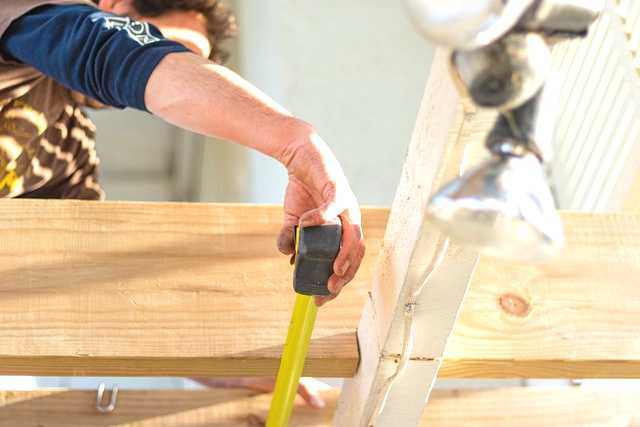Introduction
Replacing a faucet is not such a complicated process but many people ask whether it is better to use the service of a professional or do it yourself, no matter where it is installed, it is perhaps the most gracious of all types of plumbing equipment. The quality of the lever faucet should therefore be up to standard: so that the tap does not disappoint too quickly and you do not have to call a plumber urgently.
However, it does not only depend on the quality of the device itself, but also on how diligently the installation of the faucet was carried out.
The plumbers of instalater24.cz have at their disposal not only an impressive set of tools, but also rich experience of up to 15 years of experience in the field.
If you still want to replace the faucets yourself, you can follow the recommendations below.
Preparing to replace the lever faucet
The whole exchange process consists of two phases:
- Disassembly of an old faucet
- Installation of a new faucet
Before removing the old lever battery, you must decide on a new model. What you should pay attention to when choosing a faucet:
- The size of the faucet
- Type of faucet
- The quality of the lever faucet
- Faucet design
If you want to replace the lever mixer at the sink or washbasin, you should also decide on the size and type.
Lever faucet replacement
Close the hot and cold water on the main taps. Then you should prepare the tools. You will need an adjustable wrench, screwdriver, pliers, linen and paste or “Tangit”. Bucket and rag if the water pipes are old and residual water flows out even when the valves are closed.
Unscrew the nuts with an adjustable wrench.
Check the condition of the eccentrics. If they are rusted, they must be replaced with new ones. Quality brass cams usually do not need to be replaced.
The flax is wound counterclockwise on each thread, lubricated with water paste and screwed into the tube. Or you can use “Tangit” if it is not flax.
Screw in the eccentrics at the same speed. Arrange them symmetrically.
Tighten the faucet nuts by hand as far as they will go. Tighten with a wrench a quarter turn.
Turn on the water, check. If there is a leak, it is worth trying to tighten the nuts. If that doesn’t help, you’ll need to do the job again. The seal may not be sufficiently wound or the seal may be too thin. After eliminating the faults, the remaining elements are screwed on – the nozzle and the shower hose. The switching of the water flow from the bathroom to the shower is checked.
Conclusion
Replacing an old faucet is not such a special and complicated process. If you wish, you can handle the task yourself. However, there are times when it is better to entrust this task to a specialist whose work experience will allow you to handle unforeseen situations. The professional easily unscrews the rusty eccentrics, removing their remnants if they burst and remain in the hole. Many of the nuances that installation technology suggests will not go unnoticed. In any case, whether you do it yourself or call a plumber – the decision is always up to you.


